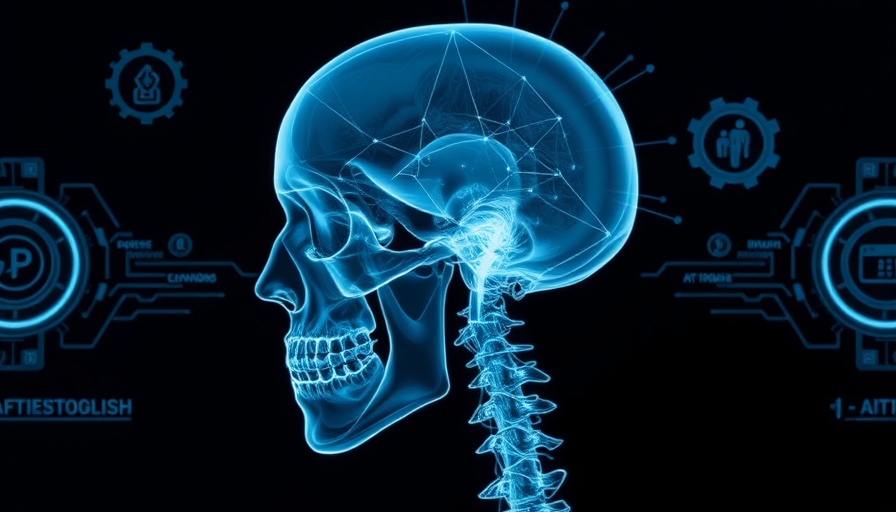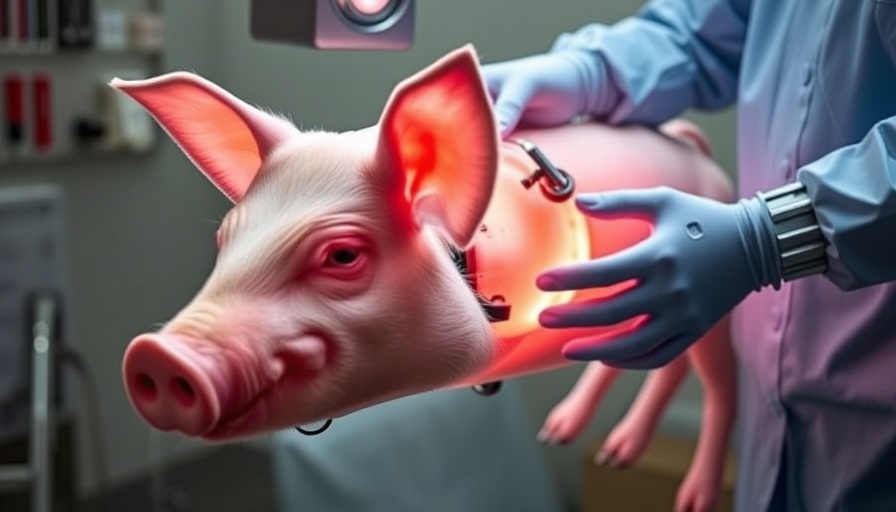
Revolutionizing Radiology: The Impact of AI
The integration of artificial intelligence (AI) in radiology is changing the landscape of healthcare, offering new avenues for improvement in workflows and diagnostic support. Radiologists around the globe are beginning to embrace AI technologies to enhance their efficiency and accuracy.
Transforming Diagnostic Processes with AI
At institutions like UW Health in Wisconsin, radiologists are utilizing AI-powered image reconstruction algorithms in MRI, CT, and PET scans. These advancements lead to quicker scan times and improved image quality, enabling healthcare providers to make better-informed decisions. Dr. Scott Reeder, chair of the radiology department at UW School of Medicine and Public Health, notes that AI tools can flag potential abnormalities within a minute of an X-ray being captured, allowing for immediate intervention. Such a rapid response is crucial in emergency situations, demonstrating the real-world impacts of AI-driven health solutions.
Tackling Workforce Challenges and Reducing Burnout
AI technology not only improves diagnostic capabilities but also helps address critical issues like workforce shortages and clinician burnout. As the demand for healthcare services continues to rise, the advent of AI-assisted radiology aims to relieve some of the administrative burdens placed on radiologists. By automating certain tasks, AI allows healthcare professionals to dedicate more time to the clinical aspects of care, thus enhancing overall patient outcomes.
Future Considerations for Healthcare Organizations
For AI to be fully realized in radiology, healthcare organizations must engage in thoughtful integration of technology within their existing infrastructure. Research from Mutaz Shegewi, senior research director at IDC Health Insights, highlights the importance of workflow integration and robust security measures when adopting new AI applications. Only those AI solutions that have gained FDA approval will be implemented in health systems, ensuring safety and efficacy in medical practice.
As AI technology in radiology evolves, it promises not only to enhance the accuracy of diagnostics but also to foster a healthcare environment that is more agile and responsive to patient needs. The shift towards AI in healthcare is a testament to the industry's commitment to innovation, ultimately paving the way for a healthier future.
With these advancements, healthcare professionals and organizations alike are encouraged to leverage AI as a tool for transforming their practice. If you’re interested in more insightful information on health technology and AI in healthcare, stay engaged and informed about the latest developments!
 Add Row
Add Row  Add
Add 




 Add Row
Add Row  Add
Add 



Write A Comment